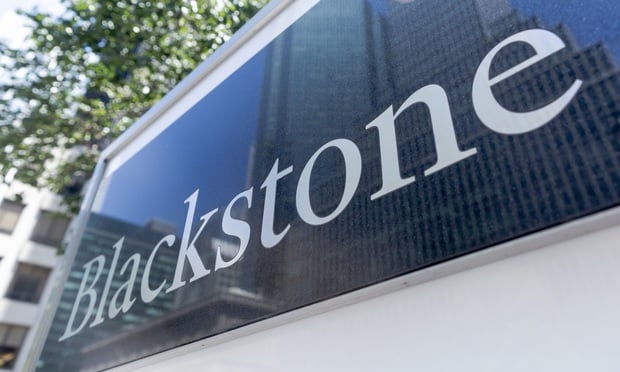The U.S. Lodging Industry has shifted dramatically over the past twelve months. Looking back to this time last year, the world was fiercely battling the Coronavirus pandemic, virtually weaponless without anything other than masks and social distancing measures. We are now roughly six months into the global vaccination campaign, with cases and death rates much lower in most parts of the world. Although the U.S. has achieved months of steadily declining case counts, unfortunately, every day we are reminded that the fight against the pandemic is not over. COVID-19 continues to loom large as new, more transmissible variants, and ongoing virus outbreaks in places like Australia, India, South Korea, and the continent of Africa highlight that the world remains vulnerable to the pandemic. Additionally, according to the Centers for Disease Control and Prevention, 47.9%, less than half of all Americans are fully vaccinated.
The recent swift U.S. economic recovery is unlike any in recent history. The COVID-19 recession was not caused by monetary factors, rather it has been a disruption akin to an unanticipated natural disaster which typically temporarily interrupts economic activity while leaving intact the underlying demand and supply of goods and services. When a catastrophic event sunsets', the subject market areas economy tends to recover faster, as compared with a classic financial recession.
Currently in the U.S., startup businesses are launching at the fastest pace ever, household debt-service burdens in relation to after-tax income are at the lowest levels in decades, home prices are surging, and The Dow Jones Industrial Average has risen nearly 18 percent from its pre-pandemic peak in February 2020. Widespread vaccination during the first half of 2021, and over two trillion dollars in additional personal savings throughout the last year have provided American consumers the means to spend; specifically on discretionary items such as travel. This is all good news.
Recommended For You
Want to continue reading?
Become a Free ALM Digital Reader.
Once you are an ALM Digital Member, you’ll receive:
- Breaking commercial real estate news and analysis, on-site and via our newsletters and custom alerts
- Educational webcasts, white papers, and ebooks from industry thought leaders
- Critical coverage of the property casualty insurance and financial advisory markets on our other ALM sites, PropertyCasualty360 and ThinkAdvisor
Already have an account? Sign In Now
*May exclude premium content© 2025 ALM Global, LLC, All Rights Reserved. Request academic re-use from www.copyright.com. All other uses, submit a request to [email protected]. For more information visit Asset & Logo Licensing.








